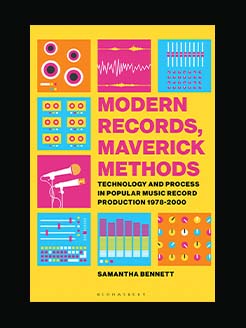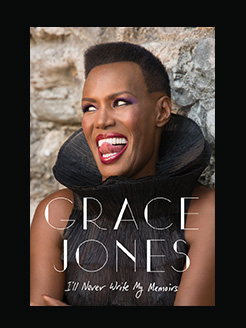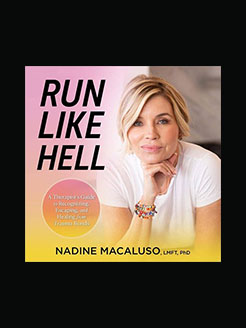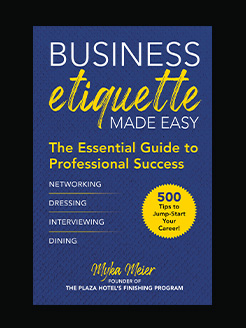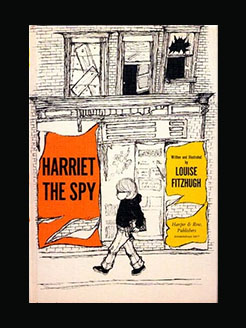Published in 2024
352 pages
10 hours and 50 minutes
Ann Powers has been a music critic for more than thirty years, working for NPR, the Los Angeles Times, the New York Times, and other publications. In the decade she has worked with NPR, she has written extensively on music and culture and appeared regularly on the All Songs Considered podcast and on news shows including All Things Considered and Morning Edition. Her books include a memoir, Weird Like Us: My Bohemian America; Good Booty: Love and Sex, Black and White, Body and Soul in American Music; and Piece by Piece with Tori Amos. Powers lives in Nashville.
What is this book about?
Drawn from NPR Music’s acclaimed, groundbreaking series Turning the Tables, the definitive book on the vital role of Women in Music—from Beyoncé to Odetta, Taylor Swift to Joan Baez, Joan Jett to Dolly Parton—featuring excerpts of archival interviews, essays, and best album and song shout-outs.
What if the history of popular music could be seen through the lens of the women who made it?
This remarkable anthology expands on NPR Music’s celebratory and provocative multi-platform series Turning the Tables, examining the crucial and historically understated role women have and continue to play in popular music. Before Turning the Tables launched in 2017, best album lists in magazines or online included few works by women, and female artists would claim only a few places of honor in the Rock and Roll Hall of Fame. But Turning the Tables helped change that.
How Women Made Music inaugurates a new phase in NPR’s ongoing mission to infuse canon-making with life. With an introduction by acclaimed critic and Turning the Tables co-founder, Ann Powers, and edited by co-founder Alison Fensterstock, this impressive history draws from every Turning the Tables season and is enhanced with new material—representing more than fifty years of NPR’s exclusive coverage of women in popular music—as well as new text, interviews, and reporting from deep inside the NPR archives, including:
- Joan Baez talking about nonviolence as a musical principle in 1971
- Patti Smith describing art as her “jealous mistress” in 1976
- Nina Simone, in 2001, explaining how she developed the edge in her voice as a tool against racism.
- Taylor Swift talking about when she had no idea if her musical career might work
- Odetta on how shifting from classical music to folk allowed her to express her fury over Jim Crow
Destined to become a classic, this incomparable volume is not only a vital record of history; it reveals much about how music is made, how musical lives are maintained, and how tastes and trends change from generation to generation.
